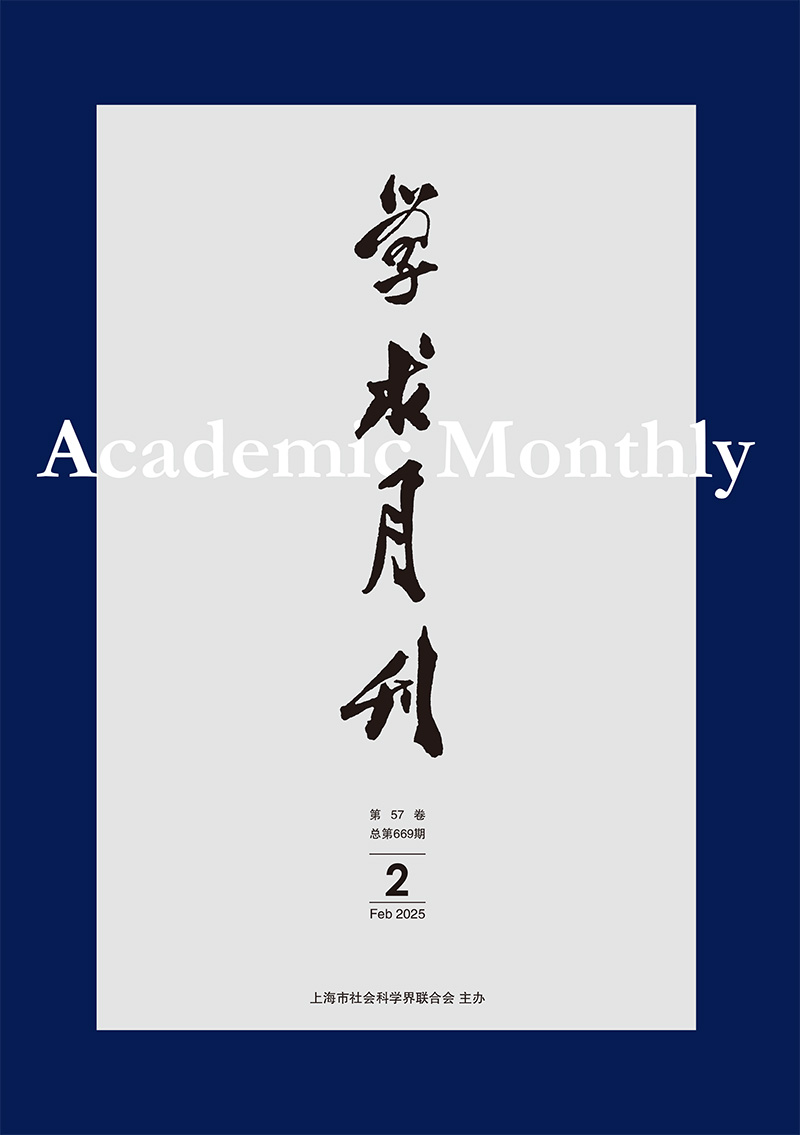Subjectivism,Or a New Paradigm of Reality—On Fichte’s Concept of the “Absolute I”
Abstract: The interpretation of Fichte’s theory of the “absolute I” remains a contentious issue in research.The two existing paradigms,which interpret the absolute I through the concepts of self-consciousness and the substance-metaphysical concept of “God”,do not fully address a central aspect of Fichte’s theory:Namely,how to establish the ultimate principle of truth and reality based on the legacy of Kantian transcendental philosophy.A systematic examination of this approach sheds new light on the interpretation of the absolute I:Firstly,Fichte’s theory of the absolute I transcends being a mere theory of self-consciousness and instead addresses the ultimate foundation of the consciousness.Secondly,the instance of ultimate foundation should not be interpreted through the substance model of substance metaphysics,but through an expression-logical and dynamic model.This dynamically apprehended principle represents the concept of the highest principle of truth and reality,which Fichte gains through a transcendental-philosophical critique of classical metaphysic.This reinterpretation challenges the longstanding misconception that Fichte’s philosophy entails a self-enclosed subjectivism or nihilism.On the contrary,it proposes a new paradigm for the philosophical grounding of truth and reality.The novelty of this proposal lies in the problematization of “being-centeredness” and the replacement of the substance model with the dynamic model at the highest level of principles.



 沪公网安备 31010102003103号
沪公网安备 31010102003103号 DownLoad:
DownLoad: